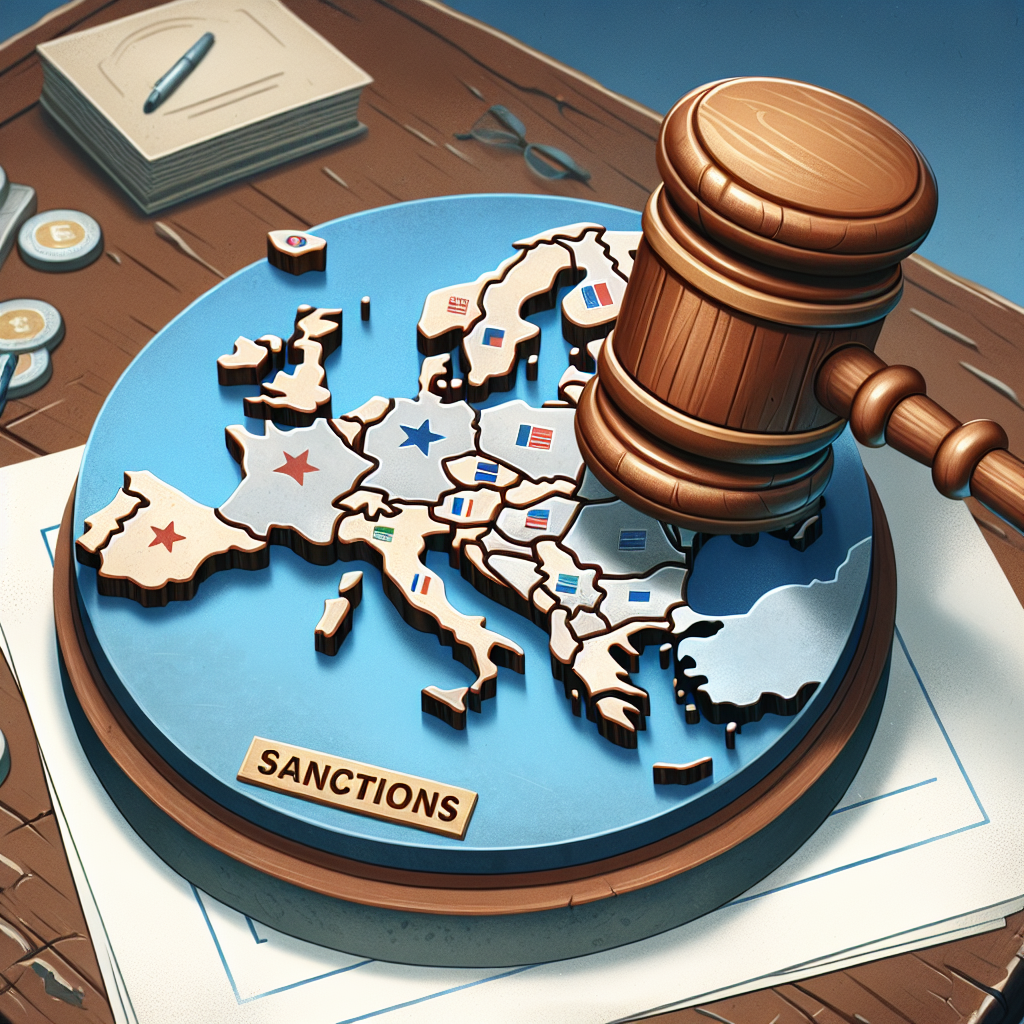U.S. Expands Sanctions Targeting Iran's Petrochemical Sector After Missile Attack
The United States expanded sanctions on Iran's petroleum and petrochemical sectors, aiming to cut funds supporting Iran's missile programs. The measures target the 'Ghost Fleet' and entities involved in illegal oil shipments. The U.S. pressures China and Gulf states to enforce sanctions amid Iran's rising oil exports.

In response to a recent missile attack by Iran on Israel, the United States has broadened its sanctions against Iran's petroleum and petrochemical sectors. This expansion, under President Joe Biden's administration, aims to deprive the Iranian government of financial resources crucial for its nuclear and missile programs.
The new measures include targeting the so-called 'Ghost Fleet,' which transports Iran's illicit oil globally. According to Jake Sullivan, the national security adviser, these steps are designed to further hinder Iran's financial capabilities that fund missile programs and support terrorist activities threatening the U.S. and its allies.
The U.S. Department of the Treasury now has the authority to impose sanctions on entities operating within these Iranian sectors. Israel is advised to seek alternatives to attacking Iran's oil fields, with Gulf states lobbying to prevent such attacks due to fears of retaliations affecting their oil facilities.
(With inputs from agencies.)










